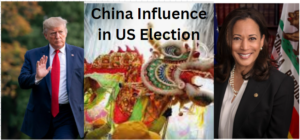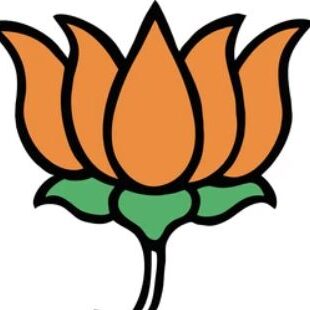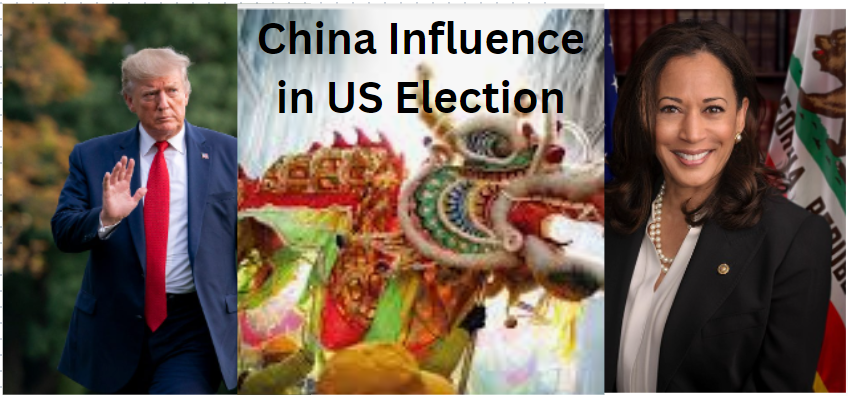
The factors influencing Trump’s 2024 chances against Kamala Harris are numerous and complex, and they extend beyond domestic issues to include international dynamics, particularly concerning China. As we explore these factors, it’s essential to understand how they intertwine with public sentiment, economic conditions, and geopolitical tensions. Here’s a deep dive into the various influences at play.
Economic Landscape
The State of the Economy
The economic landscape is a primary factor that can significantly impact Trump’s chances in the 2024 election. If the economy is perceived as struggling, voters may look for alternatives, which could benefit Trump’s campaign. Inflation, rising costs of living, and unemployment rates are critical indicators that voters will consider when making their decisions. Trump can leverage any dissatisfaction with the current administration to position himself as a candidate who understands the economic struggles of ordinary Americans.
Key Economic Indicators to Watch
- Inflation Rates: High inflation can lead to voter dissatisfaction, making Trump’s economic policies more appealing.
- Unemployment Rates: A low unemployment rate is generally a positive sign, but if people feel insecure in their jobs, it may not matter.
- Consumer Confidence: If consumers feel optimistic about their financial future, it could benefit Harris; if not, Trump may gain ground.
Fitness for Office
Questions of Suitability
Another crucial factor is the fitness for office of both candidates. Trump’s controversial record and ongoing legal issues raise concerns among many voters. His unfavorable ratings reflect a significant portion of the electorate that questions his suitability for the presidency. On the flip side, Harris faces her own set of doubts. Voters have expressed concerns about her experience and capability to lead effectively. This creates a unique dynamic where both candidates are under scrutiny.
Public Perception
- Trump’s Legal Troubles: Ongoing investigations could sway undecided voters.
- Harris’s Experience: Questions about her experience may lead some to hesitate in supporting her.
The Abortion Debate
A Contentious Issue
The abortion debate is another factor that could significantly influence the race. Since the Supreme Court’s decision to overturn Roe v. Wade, abortion has become a rallying point for many voters. Democrats, including Harris, have mobilized support around this issue, particularly among suburban women who may feel threatened by potential restrictions on reproductive rights. On the other hand, Trump and Republicans may face backlash for their stance on abortion, especially if they appear out of touch with public sentiment.
Voter Mobilization
- Suburban Women: A key demographic that could sway the election.
- Youth Voters: Younger voters are increasingly prioritizing reproductive rights in their voting decisions.
The Israel-Hamas Conflict
Impact on Voter Sentiment
The ongoing Israel-Hamas conflict presents another potential flashpoint in the election. Biden’s stance on Israel has drawn mixed reactions, particularly from younger and more progressive voters within the Democratic Party. If the conflict escalates, it could influence voter turnout among key demographics, including young voters and Arab Americans, who may feel disillusioned by the Democratic Party’s approach.
Key Demographics to Watch
- Young Voters: Often more progressive and vocal about foreign policy issues.
- Arab American Voters: Their turnout can significantly impact key battleground states.
Third-Party Contenders
The Role of Third-Party Candidates
The presence of third-party contenders adds another layer of complexity to the race. Candidates like Robert F. Kennedy Jr. and Jill Stein could siphon votes away from both Trump and Harris. While their impact is often unpredictable, they can introduce uncertainty into the election dynamics, particularly in swing states where every vote counts.
Potential Outcomes
- Vote Splitting: Third-party candidates can split the vote, potentially benefiting one major candidate over the other.
- Ballot Access: The ability of third-party candidates to get on ballots in key states will influence their impact.
China’s Involvement
Growing Concerns Over Interference
China’s involvement in the 2024 election landscape is becoming increasingly relevant. Reports suggest that China may be engaging in covert operations to influence the election. This includes the use of social media accounts masquerading as Trump supporters to amplify his messages and sow division within the electorate. Such tactics could have significant implications for the electoral outcome, especially if they deepen political polarization.
Implications for U.S.-China Relations
The outcome of the election will also shape the future of U.S.-China relations. Both Trump and Harris have expressed hardline stances on China, but their approaches differ. Trump’s unpredictability could lead to a more volatile relationship, while Harris may seek to maintain a more stable diplomatic framework. China’s strategic interests may influence how it engages with both candidates, potentially affecting voter perceptions.
Key Factors to Consider
- Trade Policies: How each candidate plans to address trade imbalances with China.
- National Security: Voter concerns about national security may sway opinions based on perceived threats from China.
- Public Sentiment: If voters feel that China poses a significant threat, they may lean towards Trump, who has historically taken a tough stance.
Summing up
As we look ahead to the 2024 election, the factors influencing Trump’s 2024 chances against Kamala Harris are multifaceted and complex. From the economic landscape to the abortion debate, and the potential interference from China, each element plays a role in shaping voter sentiment and determining the outcome of the election. Understanding these factors will be crucial for both campaigns as they strategize for the months ahead. With the political climate constantly evolving, staying informed about these dynamics will help voters make educated decisions as they head to the polls.











